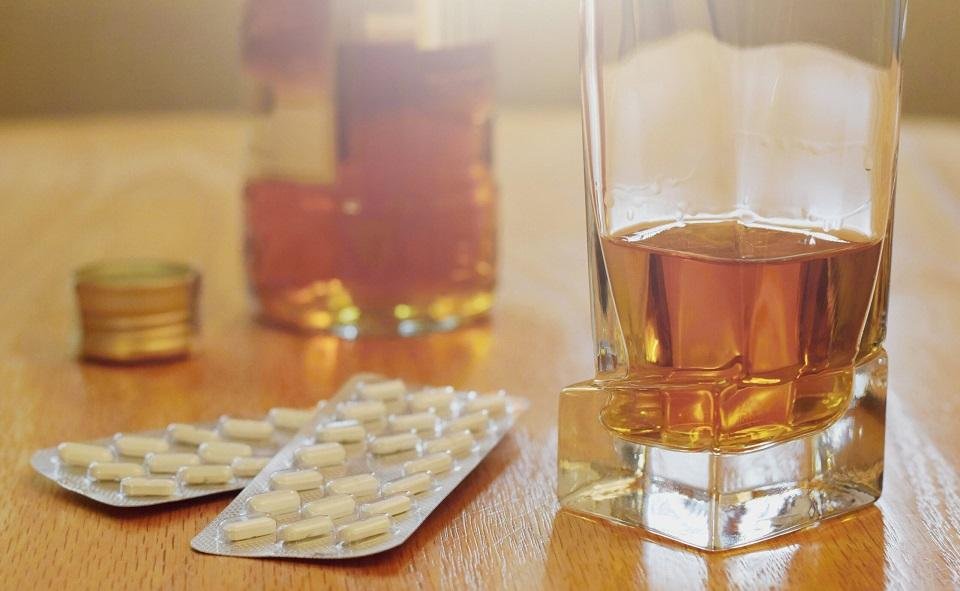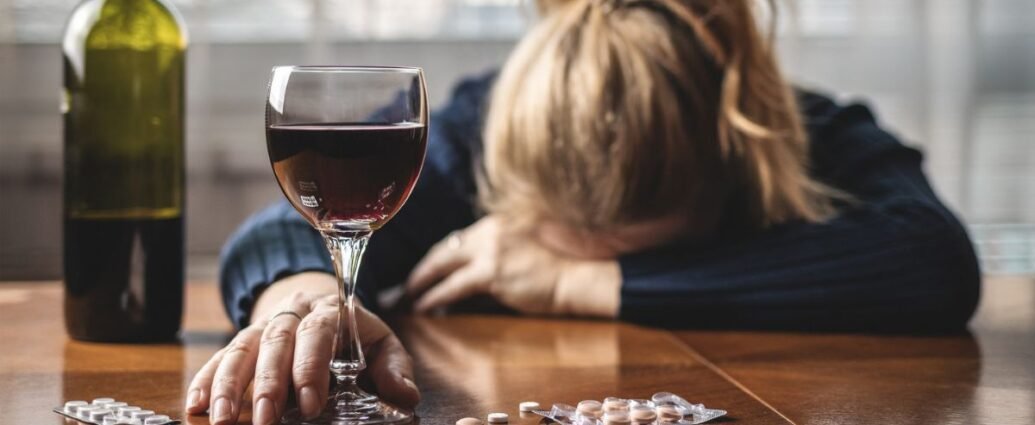People who are following antidepressant treatment should avoid drinking alcohol. This is one of the basic recommendations prescribed by doctors when a new patient begins to treat this type of drug. The reason is that this combination can be harmful to our body and cause alterations in the central nervous system, lead to an increase in blood pressure, or alter the functioning of the muscles.
In this article, we will analyze the effects and consequences of antidepressants and alcohol so that, thus, you understand why you should avoid taking these two substances at the same time.
Alcohol and depression and Their close relationship:
There is a close relationship between alcohol consumption and depression. It is common for people who abuse alcohol to live patterns of depression at different times in their lives, as alcohol is a depressor, as are the rest of the drugs.
But the opposite situation can also occur: a depressive person goes to alcohol to relieve his emotions, as alcohol is an inhibitor and a relaxant that can make the patient feel calmer and relieved.
In any of the two situations, the consumption of antidepressants and alcohol should be avoided, since the drug created to relieve depression may be altered if mixed with alcohol; in cases where this combination is carried out, the patient can worsen his or her state of health, since alcohol, as we have commented, is a powerful depressor.
What effects and consequences does it have to mix antidepressants and alcohol?

We will come in full to know the effects that can arise when combining antidepressants and alcohol. The most common effects and consequences are as follows:
Disorder of the central nervous system. Alcohol, being depressed, directly affects our nervous system and can make the patient feel even more depressed. Alcohol consumption during treatment can lead to an increase in symptoms of depression, as well as encourage sedation of the body with symptoms such as drowsiness, problems in coordination, lack of concentration, etc.
The Psychotropic effects increase. Another consequence of the mixture of antidepressants and alcohol is that we can experience a major psychotropic effect. The reason is that some antidepressants alter the metabolization of the chemical compounds we find in alcoholic beverages. This can cause us to feel more affected by alcohol, but also that we run the risk of alterations in the body such as an increase in blood pressure, tachycardias, etc.
Major side effects. The vast majority of antidepressants have side effects that do not always manifest. However, if we mix antidepressants and alcohol, these effects occur more likely. Some of the most common are insomnia, anxiety, nervousness, etc.
Health consequences of the mixture of antidepressants and alcohol:
In addition to everything mentioned above, it is important to note that mixing the two substances can be dangerous for the body. Here are some of the most common health consequences:
– High fever appearance
– Passing epilepsy attacks
– Alteration in the heart rate
– Fainting or loss of consciousness
